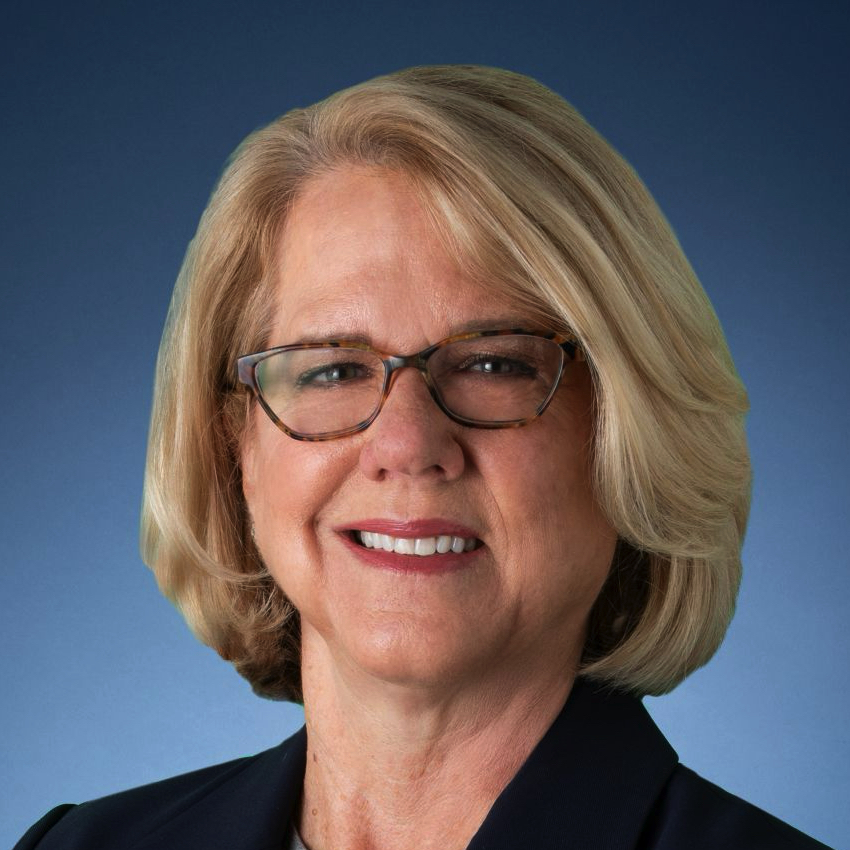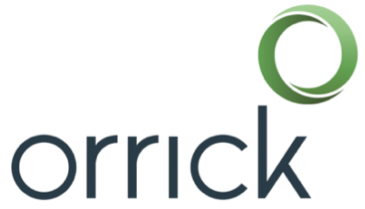High-Stakes Claims. High-Trust Resolutions.
Transactional liability disputes — often referred to as Representations and Warranties (R&W) claims — frequently turn on accounting and GAAP-related issues that drive economic harm. Because buyers pay significant premiums based on GAAP financials, even minor misclassifications can lead to outsized claims.
FedArb’s expert panel brings legal, financial, and business fluency to resolve these matters through arbitration, mock hearings, and case evaluations. With deep expertise in Delaware and New York law, our panelists help parties assess exposure, explore early resolution, and, when needed, arbitrate with credibility and discipline.
The Right Neutral Makes the Difference — and Speaks the Industry’s Language
Our panelists don’t just understand the law — they understand how deals are structured, how insurance policies are triggered, and how these claims play out in the real world.
Deep Knowledge of R&W Insurance and Deal Terms
Our neutrals grasp how transactional liability policies function, including the nuances of disclosure schedules, materiality scrapes, survival periods, and liability caps within purchase agreements.
Familiarity with Claims Dynamics
We understand the common contours of these disputes — especially around breaches of financial reps, tax matters, pending litigation, or regulatory compliance — and how they typically unfold between buyers, sellers, and carriers.
Grounded in Delaware and New York Law
Our neutrals bring decades of practical experience applying Delaware and NY legal principles that often govern these contracts.
Procedural Control and Commercial Judgment
FedArb panelists issue clear scheduling orders, manage discovery efficiently, and make decisive rulings on key procedural issues — all while maintaining fairness and momentum.
Trusted by Both Sides of the Table
Our panelists have worked extensively with insurers, buyers, sellers, brokers, and underwriters. This credibility with all parties promotes faster resolution and greater acceptance of outcomes.
Tailored Rules and Streamlined Process Management
FedArb offers procedural flexibility and case management that adapts to your matter — avoiding the rigidity and delays that often accompany institutional rules.
High-Caliber Case Administration
Our team ensures logistical ease and procedural clarity, freeing counsel to focus on strategy rather than bureaucracy.
Tailored Services for Transactional Liability Disputes
FedArb supports every stage of transactional liability and R&W disputes — whether you’re preparing a claim, testing arguments, or seeking final resolution.
- Early Case Assessment and Evaluation
- Get an objective, expert read on the merits of a claim or defense early in the process.
- Mock Exercises and Strategy Sessions
- Our panelists conduct full or abbreviated mock exercises to help parties refine arguments, anticipate challenges and value claims.
- Mediation
- Experts with practical experience in R&W disputes, deal terms, insurance coverage, economic harm, and Delaware and New York law.
- Arbitration
- We offer single or three-arbitrator panels, tailored rules, and commercial sensibility throughout.
Leaders in Resolving Complex Transactional Liability Disputes
Our practice leads

Tracy A. Nichols, Esq.
A Chambers-ranked securities litigation expert, Tracy brings nearly 40 years of experience handling shareholder class actions, derivative suits, SEC enforcement matters and M&A disputes — including R&W insurance claims. She founded and led the securities litigation practice at Holland & Knight, successfully defending companies and their directors in some of the most complex financial disputes in the country.

David J. Sorkin, Esq.
David brings deep expertise in securities, private equity, and M&A matters, with over 16 years as General Counsel and Chief Legal Officer at KKR and earlier experience as a partner at Simpson Thacher. He has overseen landmark transactions, including LBOs and Fortune 50 mergers, and now focuses on resolving complex disputes involving financial services, insurance, and deal-related claims. He also teaches at Harvard Law School, where he co-directs the Transactional Law Workshop.

David W. Ichel, Esq.
David spent 37 years at Simpson Thacher, where he led complex securities, mass tort and financial services litigation. His experience includes RMBS fraud, bond disputes and class actions against financial institutions. He also handled mass tort and product liability claims and is frequently called on to resolve coverage and R&W issues. A Chambers-ranked neutral, he teaches Complex Civil Litigation at Duke Law School.
FAQs
Yes. Many FedArb neutrals have represented or arbitrated disputes involving claimants — including policyholders, private equity buyers, and sellers asserting R&W claims. Their practical understanding of deal structure, disclosure schedules, and economic harm ensures that all parties receive a fair and informed hearing.
Yes. FedArb panelists have advised, represented, or arbitrated matters on behalf of insurers, brokers, and defense counsel in high-stakes transactional liability disputes. This includes Representations & Warranties coverage matters and post-acquisition claims involving private equity and strategic buyers. Their credibility with both policyholders and carriers ensures greater trust in the process — and often, faster resolution.
Selecting the right arbitrator is critical. Ideal neutrals for transactional liability disputes should have:
- Deep familiarity with Delaware and New York law
- A working knowledge of M&A deal terms (e.g., survival periods, materiality scrapes, escrow provisions)
- Experience interpreting financial statements and assessing economic harm under GAAP
- Credibility with both insurers and buyers/sellers
- A track record of procedural discipline and commercial judgment
FedArb’s panelists are selected with these needs in mind — many are former general counsel, senior litigators, or transactional experts.
Mock arbitrations and early neutral evaluations allow parties to test the strengths and weaknesses of their case before proceeding to formal arbitration. This can lead to faster settlements, more focused discovery, or refined legal arguments. In transactional liability cases, these tools are especially helpful for identifying key valuation issues, narrowing legal theories, and managing insurer expectations. FedArb offers mock hearings and early assessments led by experienced neutrals with deal and coverage expertise.
Yes, although arbitration is more common, some R&W disputes can be resolved through mediation — especially when there is an interest in preserving business relationships or avoiding extended litigation. FedArb offers mediators with deep knowledge of M&A deal mechanics, insurance coverage, accounting issues, and Delaware and New York law. Mediation may also follow a mock hearing or early case assessment to help parties settle before formal arbitration begins.
Most R&W and transactional liability disputes are governed by either Delaware or New York law, depending on the parties' choice of law in the acquisition agreement or insurance policy.
- Delaware law is frequently selected for its deep and predictable body of corporate law, especially in deals involving Delaware-incorporated entities.
- New York law is often chosen for its well-established commercial case law, sophisticated judiciary, and enforceability in financial contracts.
FedArb panelists have extensive experience applying both Delaware and New York law in post-acquisition disputes — a key advantage in resolving these high-stakes matters efficiently and credibly.
Most transactional liability disputes are resolved through arbitration, rather than litigation. The underlying acquisition agreements and insurance policies often include arbitration clauses and designate governing law — usually Delaware or New York. In some cases, parties also engage in mock arbitrations, early neutral evaluations, or mediation to resolve disputes more efficiently. FedArb offers all of these services with panelists who understand deal structure, insurance policy language, and post-closing risk.
GAAP (Generally Accepted Accounting Principles) play a central role in many R&W claims because the buyer typically relies on the seller’s GAAP-compliant financial statements to value the deal. Even small misclassifications — such as understated liabilities or overstated revenue — can result in outsized claims due to the multiples applied during valuation. These accounting discrepancies often form the basis of post-closing disputes and are a key area of focus for arbitrators handling transactional liability cases.
Transactional liability disputes typically arise after a merger or acquisition, when one party alleges that a representation or warranty made during the deal process was inaccurate, incomplete, or breached. These claims often involve financial misstatements, compliance issues, or other inaccuracies that impact the value of the deal. The term is often used interchangeably with “Representations and Warranties (R&W)” disputes and may involve insurance coverage through a transactional liability policy.
An R&W insurance claim is a demand made under a policy designed to cover losses resulting from breaches of representations and warranties in an acquisition agreement. These policies are typically purchased during M&A transactions to shift post-closing risk away from buyers or sellers. Claims may involve financial discrepancies, tax issues, litigation exposure, or regulatory violations that were not properly disclosed or warranted at the time of closing.
 650.328.9500
650.328.9500












